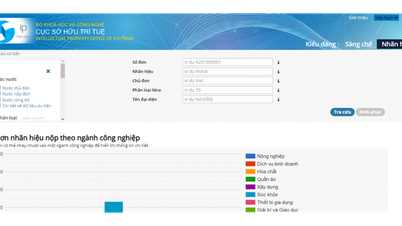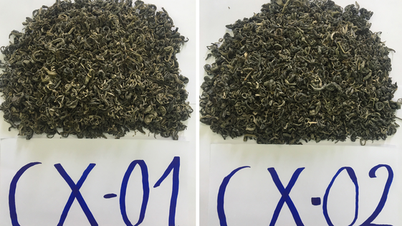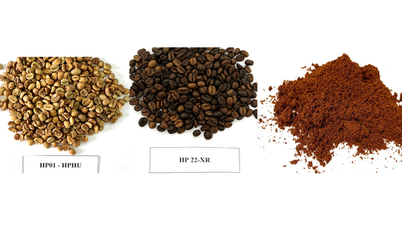As we age, the aging process makes it difficult for the body to absorb enough vitamins, minerals, and other nutrients from food. Some of these are particularly deficient in older adults, which can affect heart and nerve function.
One of the key factors in maintaining good health is a nutritious diet rich in vegetables, fruits, whole grains, lean meats high in protein, and healthy fats. However, aging reduces absorption, making older adults more susceptible to nutrient deficiencies, according to the health website Healthline (USA).

Green leafy vegetables are one of the richest food sources of magnesium.
A study published in the journal Nutrients found that magnesium is a mineral that older adults are more likely to be deficient in. This is because certain age-related changes make it difficult for the intestines to absorb magnesium.
Magnesium is important for the body because it contributes to more than 300 functions, from regulating heart rhythm and strengthening bone health to supporting nerve and muscle function. Adult men need at least 400 mg of magnesium per day, while women need 310 mg per day.
For older adults, magnesium is especially important because it helps reduce the risk of type 2 diabetes and bone fractures due to osteoporosis. Furthermore, magnesium can help prevent heart attacks, strokes, and cognitive decline.
One chronic condition that can lead to heart disease is high blood pressure. Over time, high blood pressure makes arteries more vulnerable to damage and plaque buildup. This plaque reduces blood flow to organs, potentially leading to heart attacks and strokes.
Magnesium helps reduce the risk of heart attack and stroke.
A study published in the journal Nutrients confirms that magnesium supports cardiovascular health and helps regulate blood pressure. Low magnesium levels in the blood can easily lead to atherosclerosis. Meanwhile, adequate magnesium intake helps the body metabolize cholesterol effectively and reduces the risk of heart attack and stroke.
Furthermore, magnesium helps reduce inflammation in the brain, eliminate toxins, and prevent the buildup of proteins and plaque in the brain. As a result, this mineral helps reduce the risk of Alzheimer's dementia.
Besides older adults with type 2 diabetes, heavy alcohol consumption and gastrointestinal diseases also make people more susceptible to magnesium deficiency. Severe magnesium deficiency can lead to symptoms such as paralysis, irregular heartbeat, and muscle cramps. Foods rich in magnesium include: Dark leafy green vegetables, beans, whole grains, fruits, fish, and dark chocolate, according to Healthline .
Source: https://thanhnien.vn/de-ngan-dau-tim-nguoi-lon-tuoi-can-bo-sung-khoang-chat-nao-185241218190958573.htm







































![[Video] The craft of making Dong Ho folk paintings has been inscribed by UNESCO on the List of Crafts in Need of Urgent Safeguarding.](https://vphoto.vietnam.vn/thumb/402x226/vietnam/resource/IMAGE/2025/12/10/1765350246533_tranh-dong-ho-734-jpg.webp)






































































Comment (0)